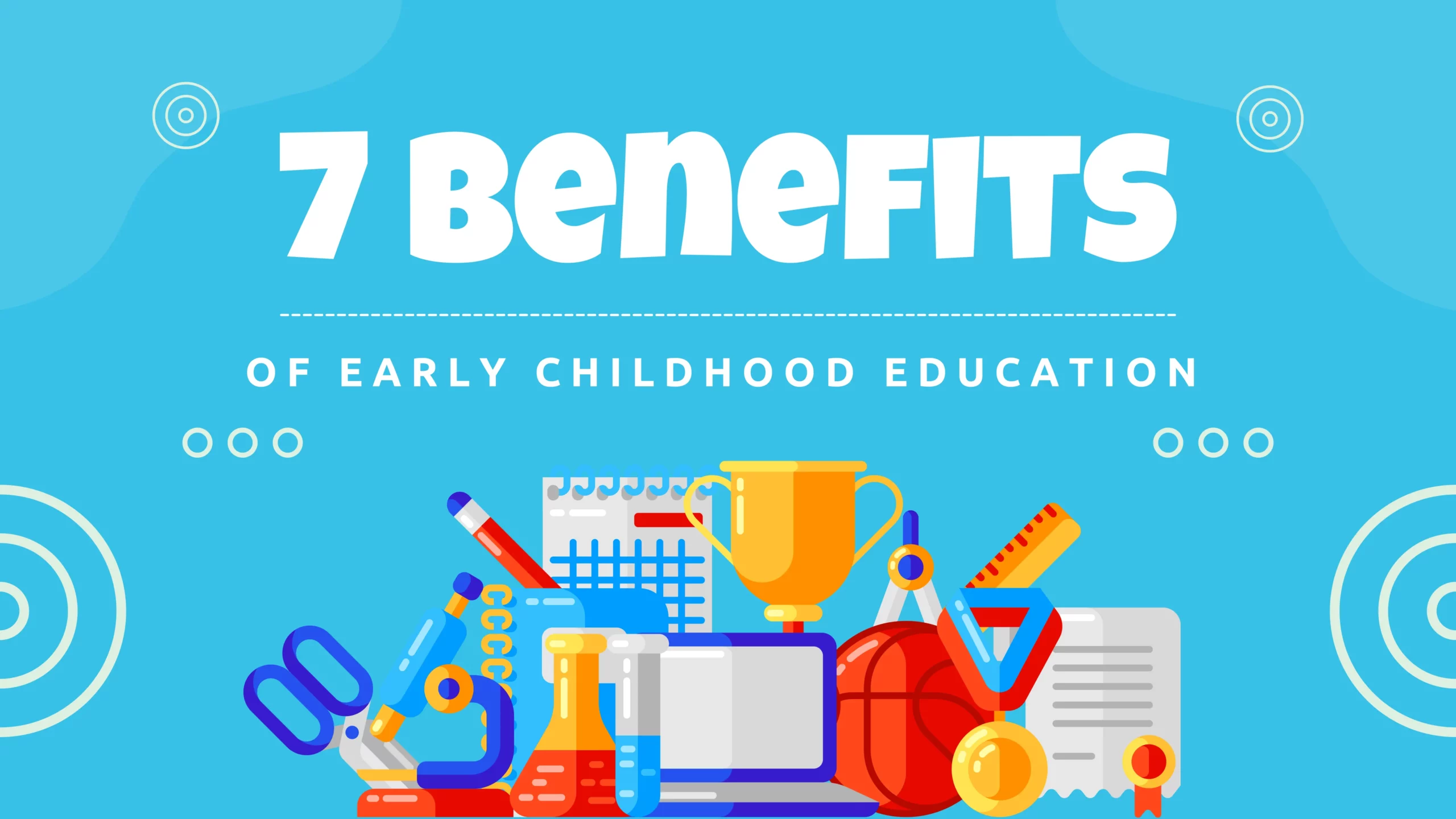Introduction
Early childhood education serves as the cornerstone for a child’s overall development. The formative years play a crucial role in shaping a child’s cognitive, social, and emotional well-being. Let’s delve into the profound benefits that early childhood education offers.
Childhood Education
Cognitive Development

Building a Strong Foundation
During the early years, a child’s brain is like a sponge, absorbing information at an astonishing rate. Early childhood education lays the groundwork for a strong cognitive foundation. Children engage in activities that stimulate their brain, fostering intellectual growth that will serve as a base for future learning.
Enhancing Critical Thinking Skills
Critical thinking is a vital skill that enables individuals to analyze and solve problems effectively. Early education programs incorporate activities that encourage children to think critically, promoting problem-solving abilities from a young age.
Social Skills

Fostering Communication
Communication is an essential skill in every aspect of life. Early childhood education focuses on developing effective communication skills through interactive activities, group projects, and verbal expression. These skills become invaluable as children progress through life.
Developing Empathy and Cooperation
Learning to understand and empathize with others is a fundamental aspect of early childhood education. Group activities and collaborative projects instill a sense of cooperation and empathy, forming the basis for healthy social relationships.
Emotional Well-being

Emotional Intelligence
Emotional intelligence is the ability to understand and manage one’s emotions. Early childhood education places a significant emphasis on emotional development, helping children recognize and express their feelings, fostering emotional intelligence.
Coping Mechanisms
Life is filled with challenges, and early education equips children with coping mechanisms. They learn to handle stress, disappointment, and frustration in a healthy way, setting the stage for emotional resilience in adulthood.
Language Acquisition

Accelerating Language Skills
The early years are critical for language acquisition. Early childhood education introduces children to language in a structured and engaging manner, accelerating their language skills and laying the foundation for effective communication.
Cultivating a Love for Reading
A love for reading is a gift that lasts a lifetime. Early education programs often incorporate storytelling and reading activities, igniting a passion for books and literature that can lead to a lifelong love of learning.
Preparation for School

Smooth Transition to Formal Education
Early childhood education provides a seamless transition to formal schooling. Children who have experienced quality early education programs tend to adapt better to the structured environment of elementary school, giving them a head start in their academic journey.
Early Learning Readiness
Preparation is key, and early childhood education ensures that children are ready for the academic challenges that lie ahead. They develop essential skills such as counting, recognizing letters, and following instructions, laying the groundwork for success in formal education.
Long-term Benefits

Lifelong Learning Attitude
Early education instills a passion for learning that extends throughout life. Children develop a curious mindset, approaching challenges with enthusiasm and a desire to continuously expand their knowledge.
Improved Academic Performance
Studies consistently show that children who receive quality early education perform better academically in later years. The foundational skills acquired during early childhood set the stage for academic success.
Better Career Opportunities
The benefits of early childhood education extend into adulthood, contributing to better career opportunities. Individuals with a strong educational foundation are better equipped to navigate the complexities of the professional world.
Conclusion
In conclusion, early childhood education is a powerful investment in a child’s future. The multifaceted benefits encompass cognitive development, social skills, emotional well-being, language acquisition, and a smooth transition to formal education. The long-term advantages include a lifelong love for learning, improved academic performance, and enhanced career opportunities.

